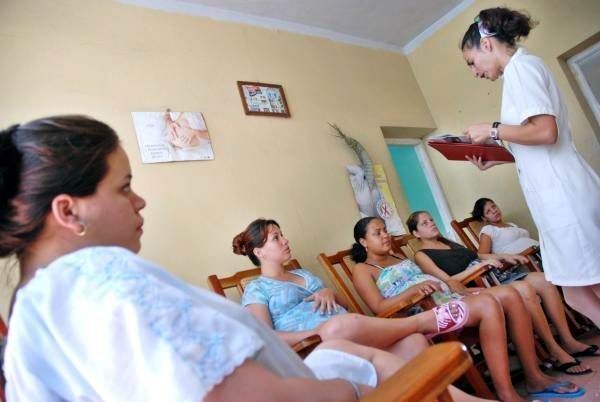Holguín implements strategy to prevent preconception risk
- Written by ACN
- Published in Health
- Hits: 1113
 Photo: Cubadebate
Photo: Cubadebate
A study to prevent risks before pregnancy is being developed by the primary health care system in the province of Holguín, as part of the strategy of the Maternal and Infant Care Program (PAMI by its Spanish acronym) to improve the quality of life of vulnerable groups.
This research will contribute to reduce the rates of adolescent gestation, prematurity and other complications such as preeclampsia, identified among the main causes of infant mortality, the reduction of which is among the sector's priorities.
Elizabeth Bicharra, head of the primary health care section at the provincial level, told the Cuban News Agency that the study includes communities where women of childbearing age with chronic diseases, disabilities and other risk factors for the conception of a baby are identified.
In the case of teenagers, Bichara said, educational talks and audiovisual materials are used about the physical and psychological consequences of early pregnancy, in which Holguin is one of the provinces with the highest incidence in Cuba, with more than 1,400 pregnant women under 18 years of age.
The results will help the family doctor and nurse to follow up and provide differentiated care at the mother's home, depending on the evolution and personal and family characteristics of each woman, she added.
PAMI was created in Cuba in the 1960s and its objectives include providing specialized medical care and genetic follow-up to pregnant women through more than 16 consultations and some 30 free diagnostic tests, carried out in hospitals and polyclinics during the nine months of pregnancy.
